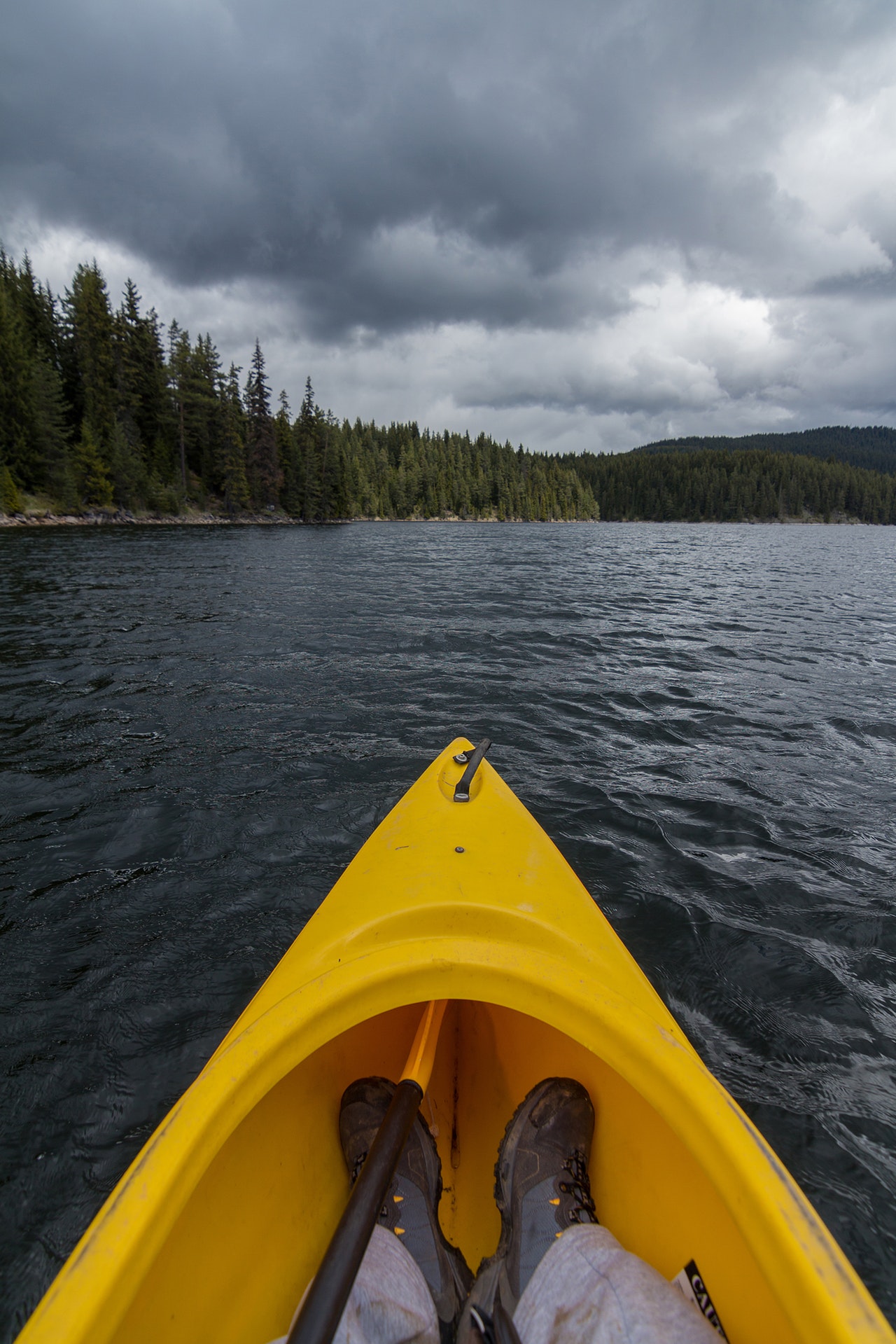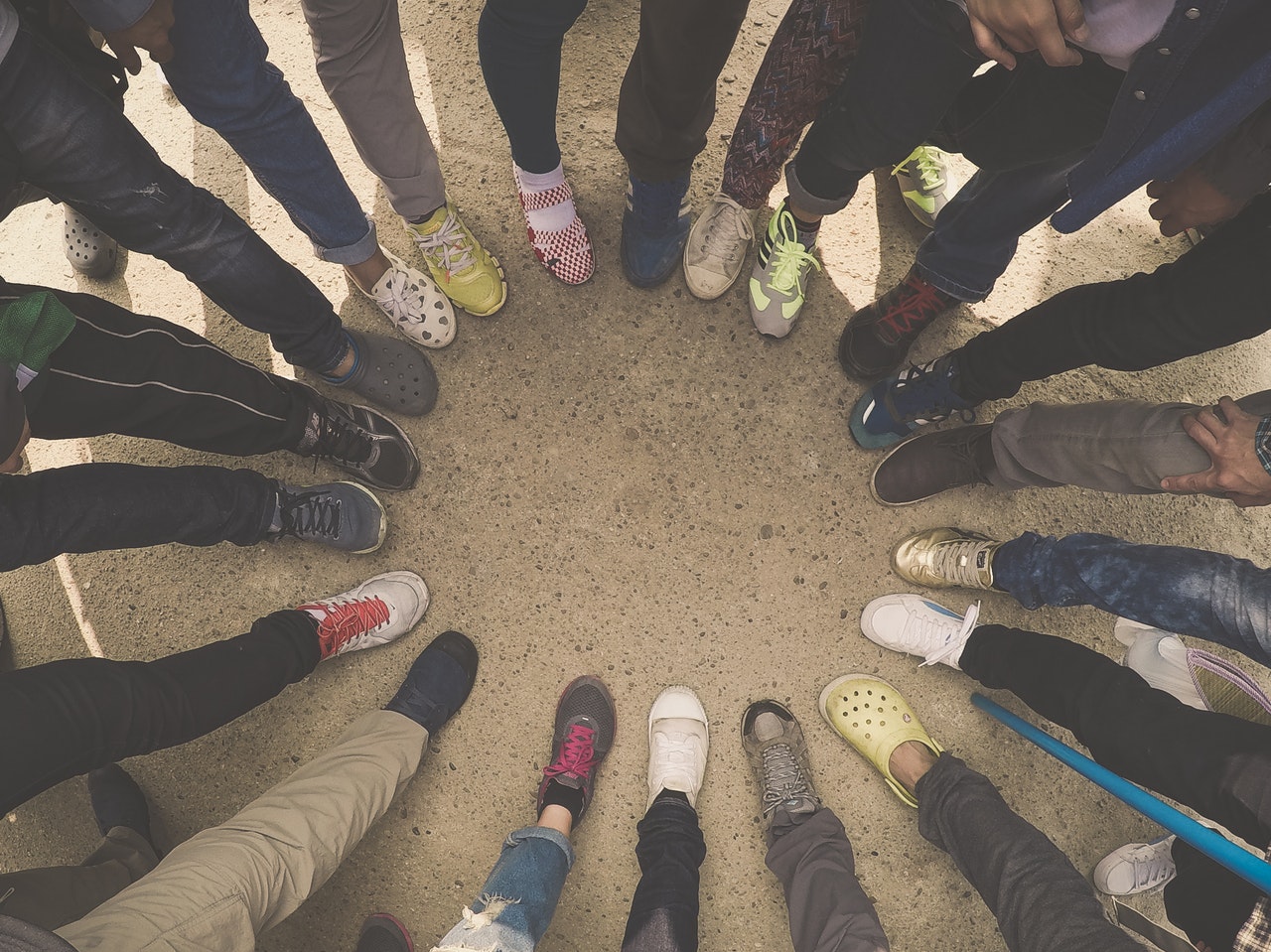
Does Denver Have a Drinking Problem?
A new report says Denver has a drinking problem. But how do you know if you have a drinking problem?

A new report says Denver has a drinking problem. But how do you know if you have a drinking problem?

What does it look like to come out on the other side of depression?

Clinical Depression is a really tough issue. It’s incredibly common, and most people will experience at least one season in their lives where they feel depressed. When we feel depressed, we don’t just feel sad. Depression is a whirlwind of self-criticism, a sense of hopelessness, a flooding of overwhelm quickly follow by a deep sense of exhaustion and “what’s the point?” So, what actually helps with depression. There’s an enormous thread on a Depression subreddit (a huge online forum) where people all over the globe chimed in on what helps them. Here’s a top replies: “Asking for help. My mom used to come over once a week to help me grocery shop and cook dinner. Best thing I ever did for my depression.” Asking for help is hard, I get it. It’s hard for me too. But asking for help not only gets up some help, it communicates outward that we’re just not feeling well. Feeling connected to others is important, and usually alleviates depression. Giving someone who count on a ‘job’ to do to help you (even small) can go a long way to feeling less alone. I remember when I was feeling really down after the birth of my first child. People would often say ‘do you need anything?’ Can I bring you diapers?’ I was honest and said “Actually, I’m feeling pretty overwhelmed right now. Can you text me to check in? I might not even respond, but please ask me how I’m doing and invite me to things, that would help me a lot.” I was humbled and empowered by the outpouring of support I received. I made a rule that I had to leave my house for one hour every day, no matter the weather. I could sit on a bench, whatever, just had to be out. It was and occasionally still is hard, but when I miss a day that next day is brutally hard to manage. Forcing myself out every day creates a habit which builds weight against my desire to just… not do things. Depression wants you to hide away, stay in your house or your room. The inertia is there, and the bed is so comfy. But the world keeps going on, and if you can join with it-even in a very small small-your depression can lift. This response hits on something that research supports: the more isolated you are, the more likely you are to become depressed. Humans are social creatures, and being alone too much isn’t good for your mental health. So if you’re feeling depressed, try to get out. Being in nature is enormously helpful for mental health, but even sitting in a coffee shop or going to a movie is helpful. Realize that I was depressed. For the longest time I didn’t feel like anything was wrong. It was as if a slow sort of… pessimism crept up on me. Looking back I can see that something was indeed wrong….The first step to fixing a problem is realizing you have one. I get it, depression is a big scary word. It has a lot of baggage, but there can also be power and momentum in naming a problem. If you don’t feel like yourself and are not acting like yourself, something is pointing you to your pain. It may be depression, it may not be. But naming it is powerful. If you’re not sure whether you have depression, you can talk to a doctor or counselor and get an expert opinion. Another commenter puts it this way: “Adding on to this, I made a huge shift in my relationship with my depression when I started thinking of all my negative and unwanted thoughts as “symptoms” of my disorder rather than rational observations. It really helped me keep from believing that internal dialogue. It also helped me out in a few other ways. It gave me an easy way to communicate my damaging thoughts: “I’m feeling very symptomatic today.” It also helped me connect the thoughts with other symptoms, such as a period of low energy preceding episodes of negative self-talk.” Therapy. Turned out, my suicidal thoughts were just a manifestation of my anxiety about the future. Learned how to deal with that using self talk. I’m doing a lot better now. Therapy (sometimes paired with medication if appropriate) is the best treatment for depression. Sorting out what’s depression, what’s anxiety, what’s trauma, and what is an overwhelmed nervous system can reduce symptoms drastically. It’s difficult to start therapy and open up about how you have been feeling. Almost everyone that I work with, at the end of the first session, says something like: I was pretty nervous to come in here, but now I’m glad that I did. I think the number one thing that therapy give people at the very beginning is hope. Secondly, the knowledge comes. Self-knowledge and having a deep understanding of what’s going on is so helpful. Then, the solutions and coping tools come in.